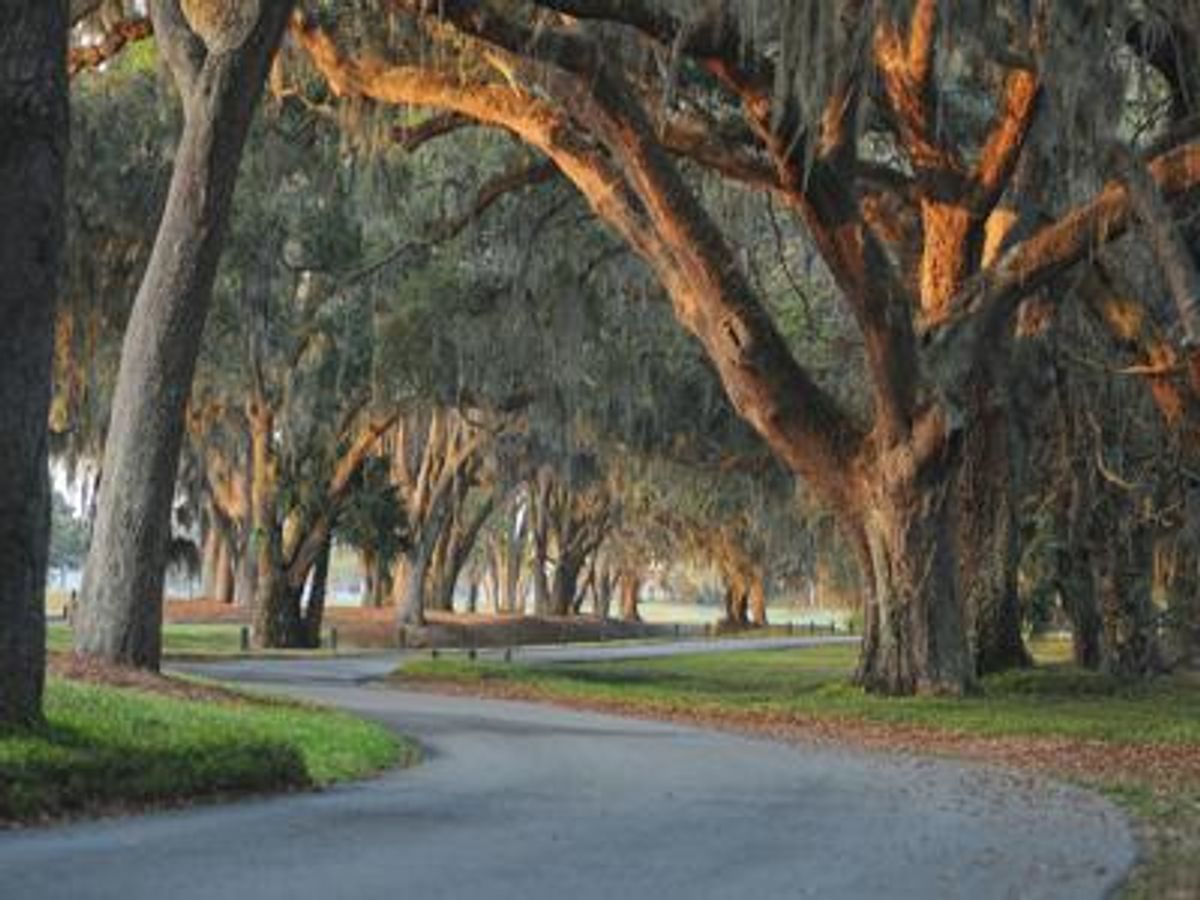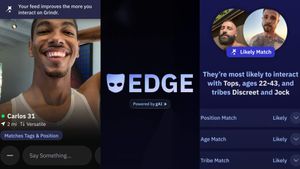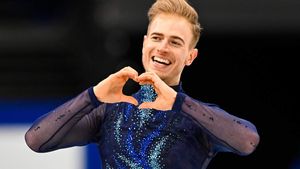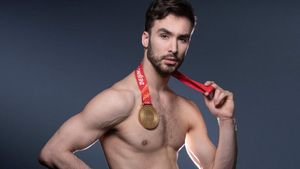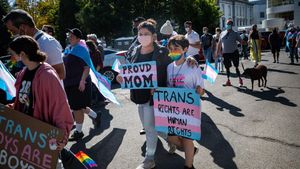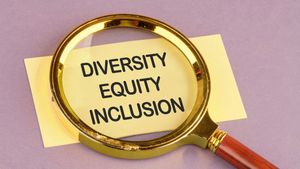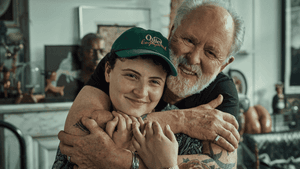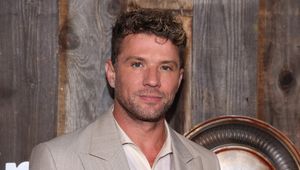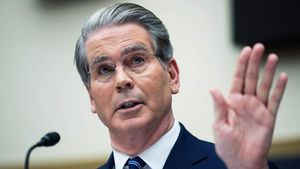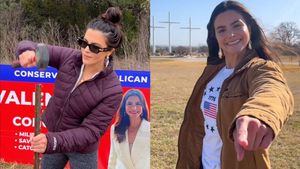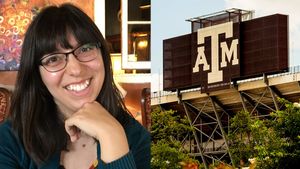Talking about his vision for the future, President Obama said at his inauguration, “Our journey is not complete until our gay brothers and sisters are treated like anyone else under the law.” Quite a statement coming from the President, described by one commentator as the most important gay rights speech ever. But it was also a statement which reflected as much about the vision of the speaker as it did about remarkable change in the country in recent years.
One of the most striking examples of change that I can point to is that last week I traveled to Jackson Mississippi to celebrate with colleagues there as they inaugurated the
Open Arms Healthcare Center for LGBT people, built in the shadow of the University and on ground not traditionally known for welcoming sexual and gender minorities.
LGBT people still experience much discrimination and
stigma and this is true in health care. Research has shown that LGBT patients experience unique health disparities and have many health care needs that differ from the general population. Examples are legion. For too long the number of new HIV cases in the United States has not declined and remains at 50,000 a year, as the incidence of STD's has skyrocketed. While the details of the epidemiology varies throughout the United States, in most parts of the country, sexual and gender minorities have experienced disproportionately high morbidity.
At the same time, resources targeted on effecting change for populations at highest risk have been disproportionately low. Clinicians have been shown to avoid dealing with key aspects of sexual health at the core of these issues, such as taking histories that include discussions of risk behaviors or identifying sexual orientation or gender identity. At the same time efforts to train clinicians on these issues have been sporadic at best and often inconsistent and fragmented. Numerous articles in leading medical and behavioral health journals have documented the challenges faced by LGBT people seeking care through first-hand accounts and population-based research. The Institute of Medicine recognized this in a report, The Health of Lesbian, Gay, Bisexual and Transgender People, published in May 2011.
Working at The Fenway Institute to educate clinicians and effect change was always rewarding, but I generally had the sense our audience was predictable and limited to LGBT providers and allies. I now feel that the world is changing-dramatically. Late in 2011, The United States Health Resources and Services Administration (HRSA) awarded a cooperative agreement to The National LGBT Health Education Center at The Fenway Institute to advance cultural competence and educate community health center clinicians and staff across the country in how to care for LGBT patients. From the outset, we determined that of greatest importance was to try to reach audiences in areas of the country that had not traditionally been receptive to LGBT health trainings in the past. This was our core strategy working to provide training about LGBT health disparities and how to overcome them to clinicians and staff from health centers, as well as in medical schools and hospitals.
Last year we spent three days in New Orleans, Louisiana conducting five training sessions for staff from local community health centers in addition to meeting with LGBT students at Tulane University School of Medicine. It was heartwarming to hear the interest expressed in what health centers could do to reach young black MSM, help them get tested for HIV, and then engage them in prevention and care. These concerns were expressed by professional and support staff many of who knew people at risk personally and were concerned that not enough was being done.
In Little Rock at the University of Arkansas, in addition to campus-wide rounds and meetings with faculty and students, the chancellor of the medical campus held a cabinet meeting for the deans of all the health professions schools to talk about how to improve care for LGBT patients as well as the environment for students and staff. The goal is to follow up and develop a curriculum for the campus as well as work to do outreach among clinicians working in the surrounding communities. Just last week, we did a full day of trainings on providing affirmative care to transgender people at Wake Forest Medical School with programs for front line staff clinicians, and community organizations that work with colleagues at the medical center.
Over the past year and half, we have worked in over half the states in the country, but in particular in Arkansas, Arizona, Georgia, Louisiana, Mississippi, North Carolina, Texas and Puerto Rico. We have work planned in Alaska, Utah, and Montana. These are not places I thought we would be working on LGBT initiatives. But in a discussion just last week it was interesting to hear questions from medical professionals about how they should weigh their personal values with professional values they held to provide care for all and then hear them answer their own questions recognizing that when in clinical settings professional values to care for all, including LGBT people, takes precedence.
This isn’t to say that all clinicians are opening their doors and coming to trainings, but the door has opened a crack, and we have to work hard to keep it open. I think the commitment to the Open Arms Healthcare Center in Jackson is a landmark for LGBT health, and one I hope will be replicated around the country. My own personal goal is that we work hard on both education and data collection and be able to show that LGBT people no longer experience disparities in health care.
HARVEY MAKADON, MD, is the director of the National LGBT Health Education Center at The Fenway Institute.
